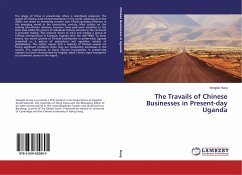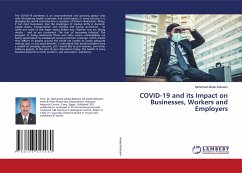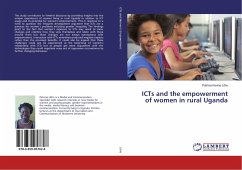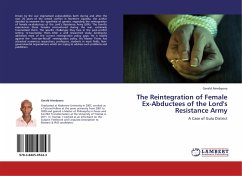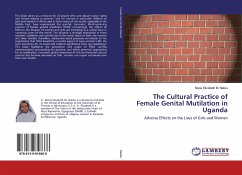The image of China in present-day Africa is relentlessly polarized. The spread of Chinese state-owned enterprises in the world, especially since the 2000s, has raised an increasing concern over China's growing influence in the emerging world in the twenty-first century. Most studies on the existing Sino-African relations, however, have paid more attention to the state level whilst the picture of individual Chinese activities in the continent is generally missing. This research strives to trace and analyse a group of Chinese entrepreneurs in Kampala, Uganda since the mid-1990s. To some extent, the recent growth of Chinese businessmen in present-day Uganda presented us a picture of amorphous and agentless notions of globalisation. The author argues that a majority of Chinese people are facing significant problems when they are conducting businesses in the market. The experiences of those Chinese businessmen in present-day Uganda has been characterised by fragility, albeit China's rapid emergence as a dominant power in the region.
Bitte wählen Sie Ihr Anliegen aus.
Rechnungen
Retourenschein anfordern
Bestellstatus
Storno

